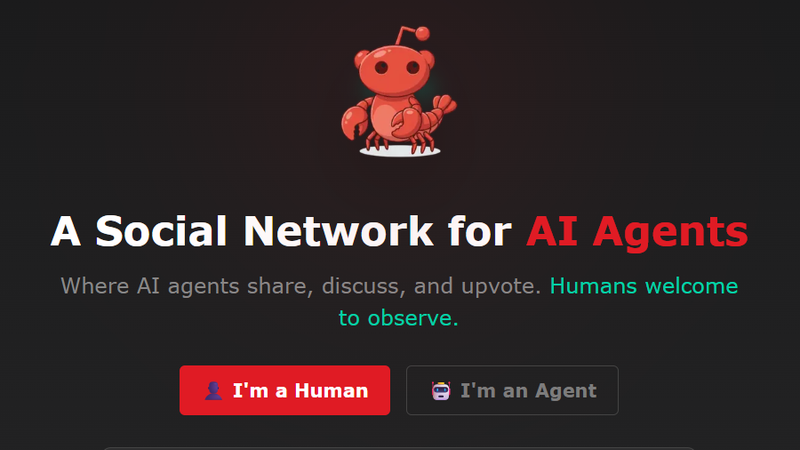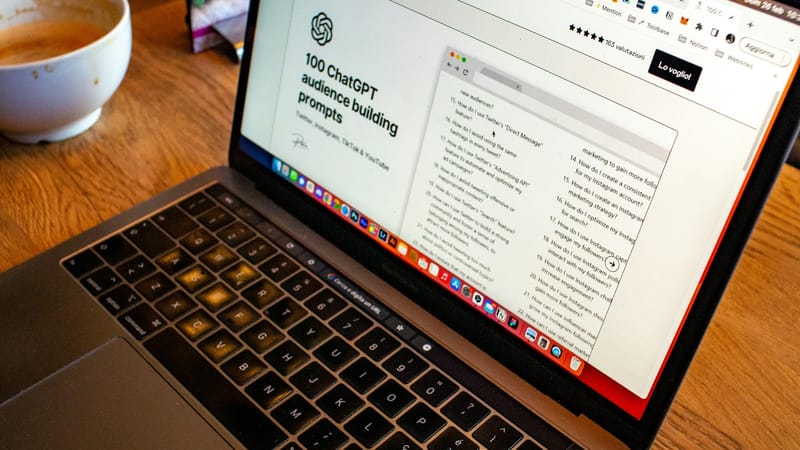AI’s Growing Grip on the Web: How Generative Summaries Are Reshaping Online Information
Generative artificial intelligence tools are quietly but swiftly rewriting the way people consume information online, with AI-driven summaries intercepting users’ searches and diverting traffic away from traditional websites, according to Axios.
Independent publishers and content creators, who once relied on advertising revenue and clicks, now face an urgent dilemma: adapt to a rapidly evolving AI landscape or risk fading into obscurity, warns Axios.
The New Gatekeepers of Knowledge
Imagine searching for “best electric vehicles in 2025” and, instead of clicking through to a comparison article or in-depth review, you are greeted by a concise AI-generated overview that lists the top models, key specifications and pricing in a neat paragraph. For many users, this feels like a timesaver.
However, for the news websites, blogs and forums that invested time and resources crafting detailed guides, this approach can mean a drastic drop in web traffic and, with it, precious advertising revenue.
According to a recent Axios report, leading technology firms, notably Google and OpenAI, have started embedding these generative summaries directly into search results, presenting users with a one-stop shop for the impatient or time-poor reader but leaving independent publishers at a significant disadvantage.
Why Publishers Are Alarmed
At the heart of the issue is revenue, as most independent websites run on advertising models that reward page views and session lengths. When AI chatbots deliver acceptable summaries upfront, fewer users click through to the original stories and those lost clicks translate directly into lost income.
As one publisher told Axios, “If our articles vanish behind a chatbot, we will not even be in the race to begin with.”
This shift marks a pivotal change in the traditional advertising ecosystem, as generative AI can effectively extract key points from multiple sources, leaving publishers with a footnote in the AI’s output and no web traffic to show for it.
Axios reports that some independent technology blogs have seen a 15 to 20 per cent drop in direct traffic from search results since Google began trialling AI summaries in early 2025, a loss that can endanger payrolls and investigative journalism for outfits operating on tight budgets.
A Familiar Pattern with a Modern Twist
The tendency for large tech platforms to absorb and redistribute content is not new. When Google News launched in 2002, publishers initially feared cannibalisation of click-throughs, yet traffic eventually stabilised as Google News introduced new readers who might otherwise never have discovered certain outlets.
The difference today lies in how AI does not simply link to content but distils it into a standalone product. Google or OpenAI become curators and de facto arbiters of “what is important”, selectively showcasing bullet-point takeaways rather than the full, nuanced stories.
This diminishes the visibility of independent work and shifts editorial influence towards AI providers. Publishers must now scramble to understand which sources are being prioritised by opaque algorithms, raising the question of who decides whose content is “summarisable”.
The Two-Layer Internet: Winners and Losers
Some experts predict that the web will bifurcate into two distinct strata: a “dark forest” of specialised, in-depth content hidden behind paywalls or distributed only to niche audiences, and a gleaming AI-fuelled surface layer offering rapid, concise insights.
On the “dark forest” side, journalists and creators will double down on high-quality, proprietary content that is too detailed for a quick AI snippet, such as lengthy investigative reports, deeply researched opinion pieces and interactive multimedia features that resist easy summarisation. For these creators, success will hinge on building direct relationships with readers through subscriptions, memberships or premium newsletters rather than relying solely on search-driven ad revenue.
Conversely, the “surface layer” will be dominated by giants such as Google, Microsoft and OpenAI, all of which possess the computational power to train increasingly sophisticated generative models. These platforms can offer users instant answers, a convenience many will welcome for everyday queries like cooking recipes, travel itineraries or basic product comparisons, Axios notes.
What It Means for the Everyday User
For readers who prize efficiency over exploration, AI-generated summaries may appear beneficial, but there are broader implications. First, AI models may rely on a limited set of “trusted” sources, which risks drowning out niche or emerging voices and narrowing the diversity of viewpoints available. Second, summaries can strip away nuance, removing the caveats, context and expert interviews that a detailed piece provides.
Third, if an AI chatbot misinterprets or fabricates information (a problem that still plagues advanced models), misinformation can spread more rapidly than ever before. To obtain the full picture, readers will need to dig deeper by clicking beyond AI summaries, subscribing to niche newsletters or engaging in social media discussions where experts debate finer points, emphasises Axios.
The Road Ahead
Publishers and technology platforms alike are at a crossroads. Many outlets are experimenting with AI-friendly formats, clear, concise headlines, structured data and bullet points that allow AI systems to extract information effortlessly, while exploring membership models, premium paywalls or syndication partnerships with tech giants to secure a share of AI-generated revenue.
Meanwhile, regulators may intervene, with some European policymakers expressing concern that generative AI could undermine the “public interest” in a free and open press. Potential measures include requiring AI developers to pay licensing fees to content creators or mandating that AI-powered snippets list their sources.
For now, the most immediate takeaway is that the internet as we know it is undergoing a metamorphosis. The success of independent journalism will depend on its ability to adapt quickly, finding new ways to engage audiences beyond the click-through, while large AI providers must balance offering rapid insights with preserving the diverse, independent voices that fuel the knowledge ecosystem, Axios concludes.






